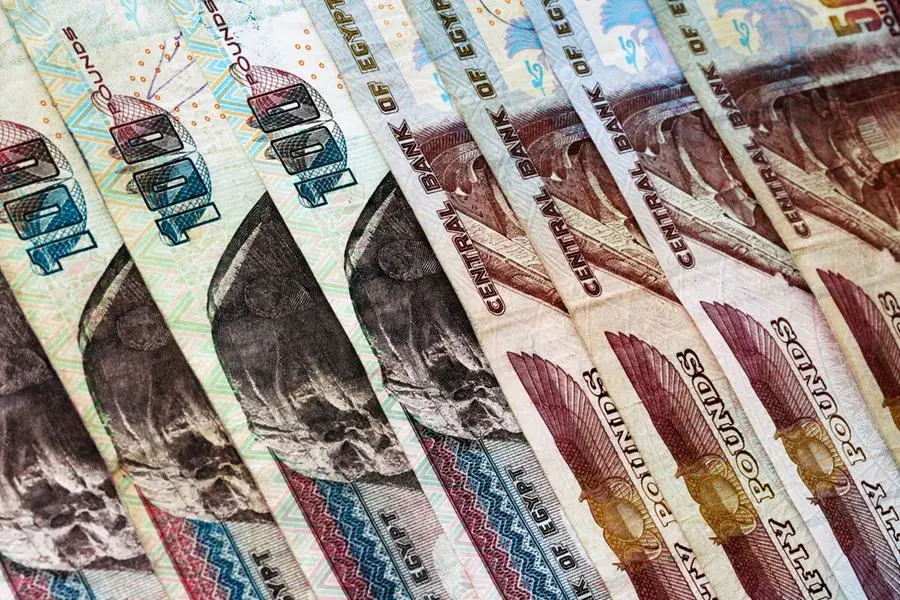PHOTO
CAIRO - Egypt's annual urban consumer price inflation jumped to a higher-than-expected 25.8% in January, its fastest in more than five years, from 21.3% in December, data from statistics agency CAPMAS showed on Thursday.
The rise followed a series of currency devaluations starting in March 2022, a prolonged shortage of foreign currency, and continuing delays in getting imports into the country. The Egyptian pound has fallen by nearly 50% since March.
January inflation was the highest since December 2017, a year after a steep devaluation.
Economists had expected a reading of 23.75%, according to the median forecast in a Reuters poll of 14.
Five analysts had forecast that core inflation would climb to 26.6% from 24.4% in December.
The central bank is expected to release the January figure later on Thursday.
Headline inflation increased across the board, but was driven especially by higher prices of food and non-alcoholic beverages, which make up 32.7% of the index's basket, "as producers continued to pass through higher import bills to shoppers", said Allen Sandeep of Naeem Brokerage.
Month-on-month, prices soared by 4.7% compared to 2.1% in December, driven by a 10.1% monthly surge in food and beverage prices, Sandeep said.
The high January number increases pressure on the central bank's Monetary Policy Committee to raise interest rates when it next meets on March 30.
At its last meeting on Feb. 2, the MPC left rates unchanged, saying its hikes of 800 basis points over the last year should help to tame inflation.
(Reporting by Nadine Awadalla; writing by Patrick Werr; editing by Himani Sarkar and Jason Neely)





















